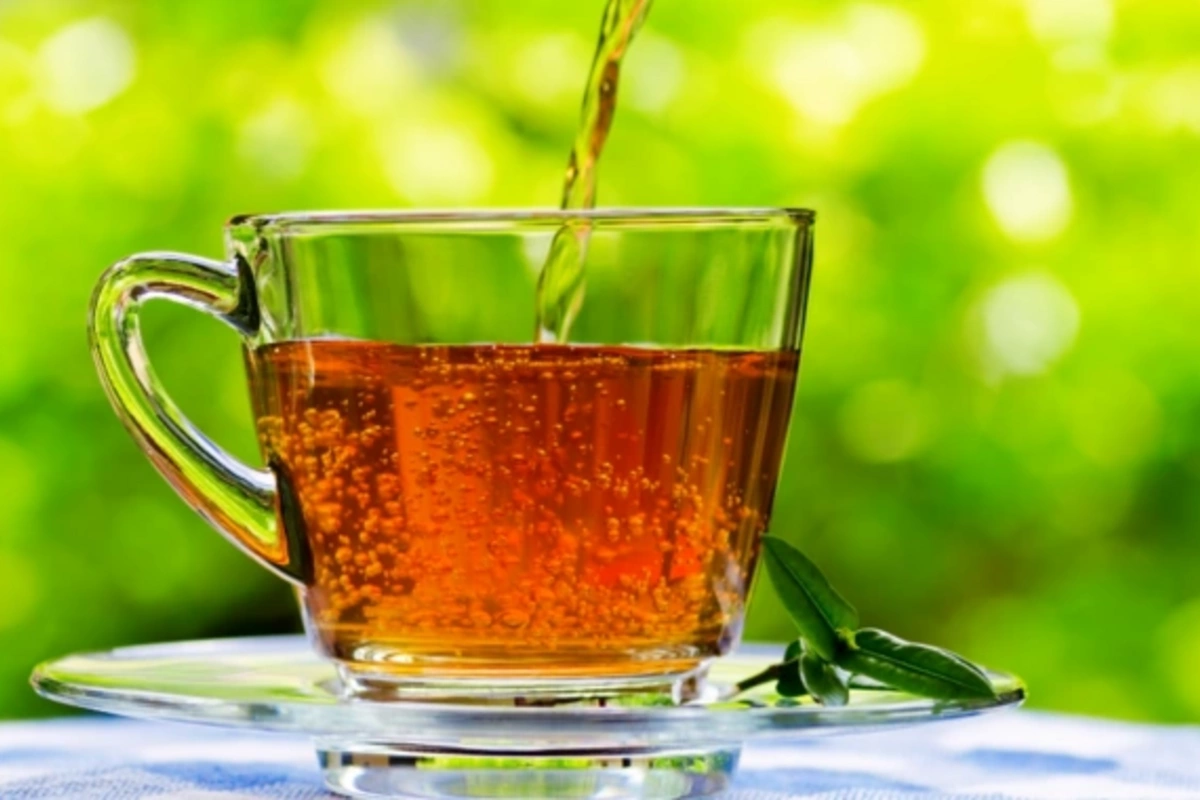02 Jul , 20:10
0

Morning ritual of millions: can your favorite cup of tea cause hair loss?
A fragrant cup of tea in the morning is a habit that many consider not only pleasant but also beneficial. However, research shows an unexpected connection between this popular beverage and hair health. Facts that are rarely discussed make us look at the familiar tea drinking in a new way.
Caffeine and depletion of hair follicles
Black and green tea contain significant amounts of caffeine. While this substance increases alertness and improves concentration, its excess can disrupt normal blood circulation in the scalp. As a result, hair follicles don't receive the necessary nutrition, weaken, and lose their ability to retain hair.
Fluoride in the composition - not always a friend
Tea is a natural source of fluoride. In moderate doses, this substance strengthens tooth enamel, but with excessive consumption, it can accumulate in the body and exhibit toxic properties. Elevated fluoride content can significantly weaken hair shafts and stimulate hair loss. The concentration of fluoride is especially high in tea made from old or low-quality coarse leaves.
Hormonal disruptions due to herbal teas
Herbal teas, which many consider a safe alternative, can have an unexpected impact on hormonal balance. For example, regular consumption of mint tea can reduce testosterone levels in the body. Such hormonal changes often affect the condition of hair and scalp.
Hidden toxins in cheap tea
A little-known fact: inexpensive tea varieties, especially bagged ones, often contain pesticide residues, heavy metal compounds, and artificial flavors. Systematic consumption of such beverages leads to gradual accumulation of toxins, deterioration of the body's general condition and, consequently, hair problems.
Dehydration and loss of trace elements
The diuretic effect of tea contributes to the elimination of not only excess fluid from the body but also valuable minerals - zinc, magnesium, potassium. Deficiency of these elements directly affects hair quality: they lose shine, become brittle, and more prone to falling out.
What to consider
Love for tea should not become a reason for completely giving up this beverage. The key principle is moderation and mindfulness. Control the amount of tea you drink, choose quality varieties, and diversify your drinking diet. Don't forget about sufficient consumption of clean water and foods rich in necessary microelements - hair health is formed from within.
Sometimes the source of hair problems is hidden in the most ordinary habits. Careful attention to your diet will help maintain the beauty and health of your hairstyle.